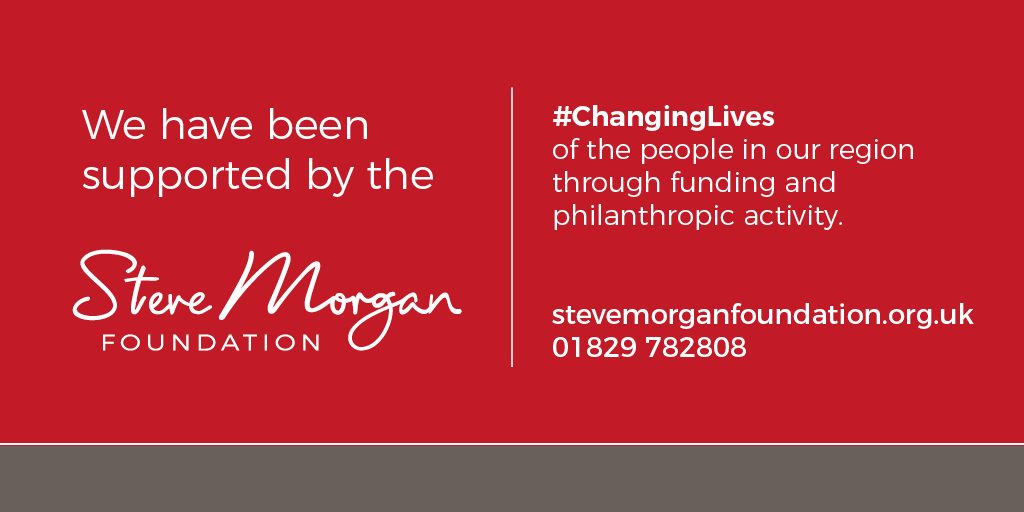As a sailing instructor you will develop strong positive relationships with young people and become a role model. You should adopt the highest standards, as you have a vital role in providing a fun and safe environment in which young people can enjoy their sailing experience. You must be aware of your duty of care and current guidance on good practice, and act responsibly when you are around young people. This will safeguard and protect the young people you coach and reduce the potential for misunderstandings and inappropriate allegations being made.
All coaches and volunteers who work with young people in sailing are in a position of trust which has been invested in them by parents, the sport, and the young person. This relationship can be described as one in which the adult is in a position of power and influence by virtue of their position.
Principles
All young people within sailing, regardless of age, ability, sex, race, religion or belief, ethnic origin, social status or sexual orientation, have the right to be protected from harm.
The rights, dignity and worth of all young people should always be respected.
All coaches and volunteers must familiarise themselves with the All Afloat, and what is good practice and poor practice.
Coaching checklist
- Is the environment and equipment safe?
- Do you have enough support?
- Are activities age appropriate?
- Do you have the appropriate training?
- Have you completed a DBS disclosure?
Coaches/Volunteers websites
www.thinkyouknow.co.uk – Here you’ll find Thinkuknow resources for teachers and all other professionals working with young people. There are films, presentations, games, lesson plans and posters covering a range of issues from grooming by child sex offenders to cyberbullying.
www.sportscoachuk.org – Develop coach learning and support that complements sports-specific programmes. Provides research and good practice that benefits coaching.






